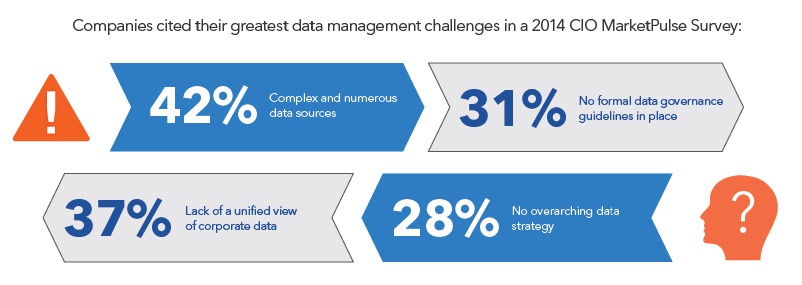
In my last post, we explored the operational facet of data governance and data stewardship. We focused on the challenges of providing a scalable way to assess incoming data sources, identify data quality rules and define enforceable data quality policies. As the number of acquired data sources increases, it becomes














